| Wednesday, November 15, 2023 | |
Future of Computing |
|
| 12:45 | Opening Remarks by Session Chair |
Jörg Stephan, Project Manager and Research Coordinator, Fraunhofer-Gesellschaft
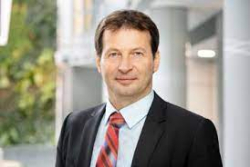
Biography |
|
| 12:50 | Topic Coming Soon |
Christoph Kutter, Executive Director, Fraunhofer EMFT Topic Coming Soon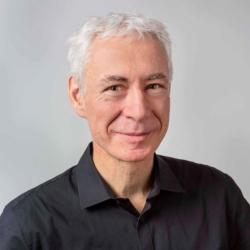
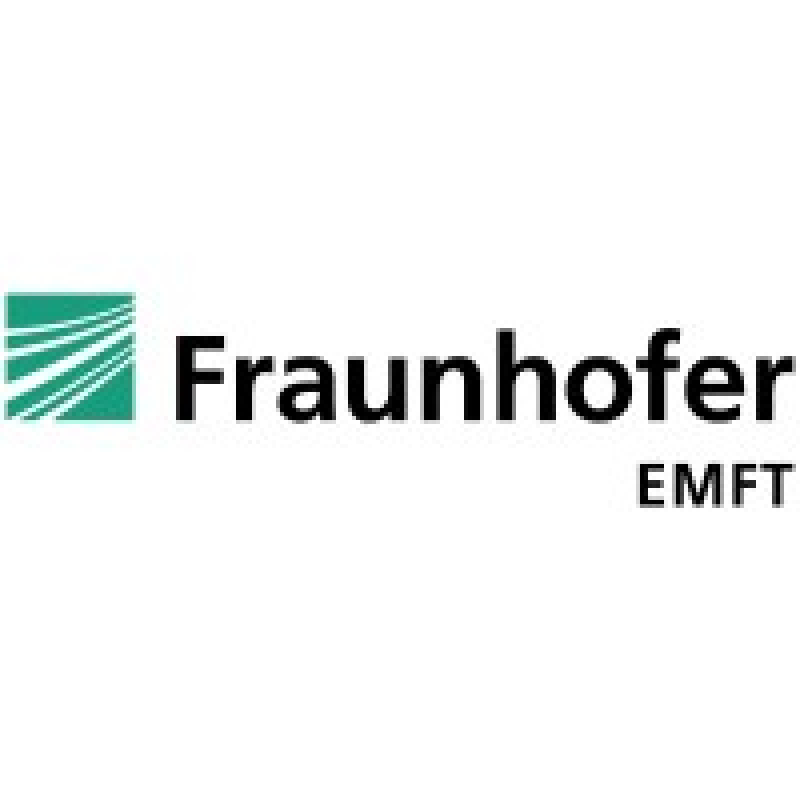 Abstract Biography |
|
| 13:10 | Future Computation Technology from Cryogenics Point of View |
Anssi Salmela, Chief Technical Operations Officer, Bluefors Future Computation Technology from Cryogenics Point of View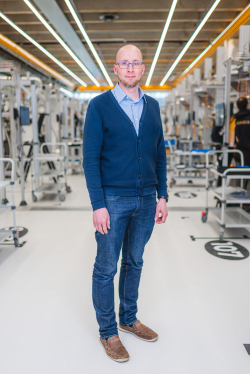
 Abstract Biography |
|
| 13:30 | A Research Fab to Enable and Scale Quantum Computing |
Tim Rom, Senior Expert - Quantum Technologies and Cooperations, Research Fab Microelectronics Germany (FMD) / Forschungsfabrik Mikroelektronik Deutschland (FMD) A Research Fab to Enable and Scale Quantum Computing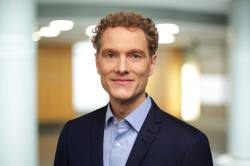
 Abstract Biography |
|
| 13:50 | Neuromorphic Computing for Autonomous AI Systems – the NeuroSys Cluster4Excllence in the Aachen Region |
Max C. Lemme, Managing Director, RWTH Aachen University Neuromorphic Computing for Autonomous AI Systems – the NeuroSys Cluster4Excllence in the Aachen Region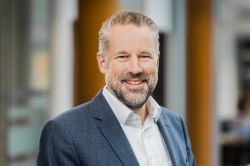
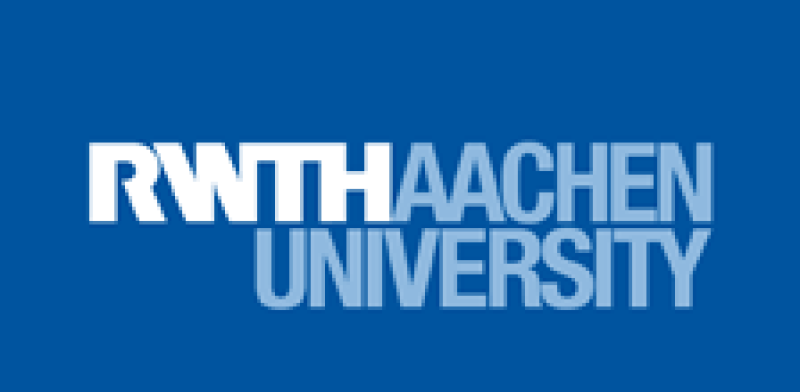 Abstract Biography |
|
| 14:10 | Challenges and Technologies towards Secure Embedded Systems and Trusted Electronics |
Matthias Hiller, Head of Department Hardware Security, Fraunhofer Institute for Applied and Integrated Security AISEC Challenges and Technologies towards Secure Embedded Systems and Trusted Electronics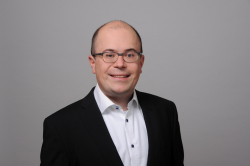
 Abstract Biography |
|
| 14:30 | Key Takeways from Session Chair |
Jörg Stephan, Project Manager and Research Coordinator, Fraunhofer-Gesellschaft

Biography |
|